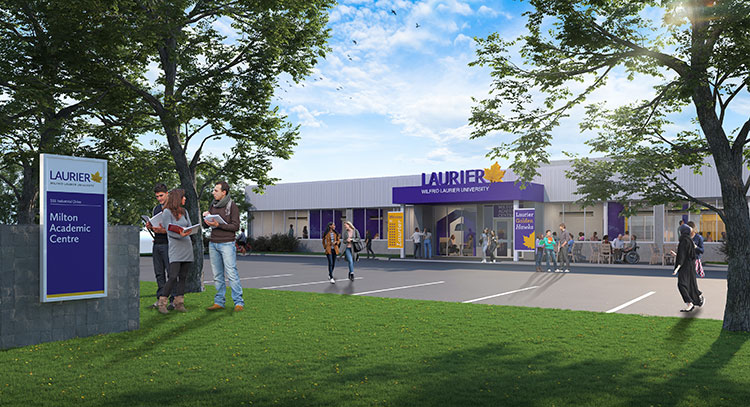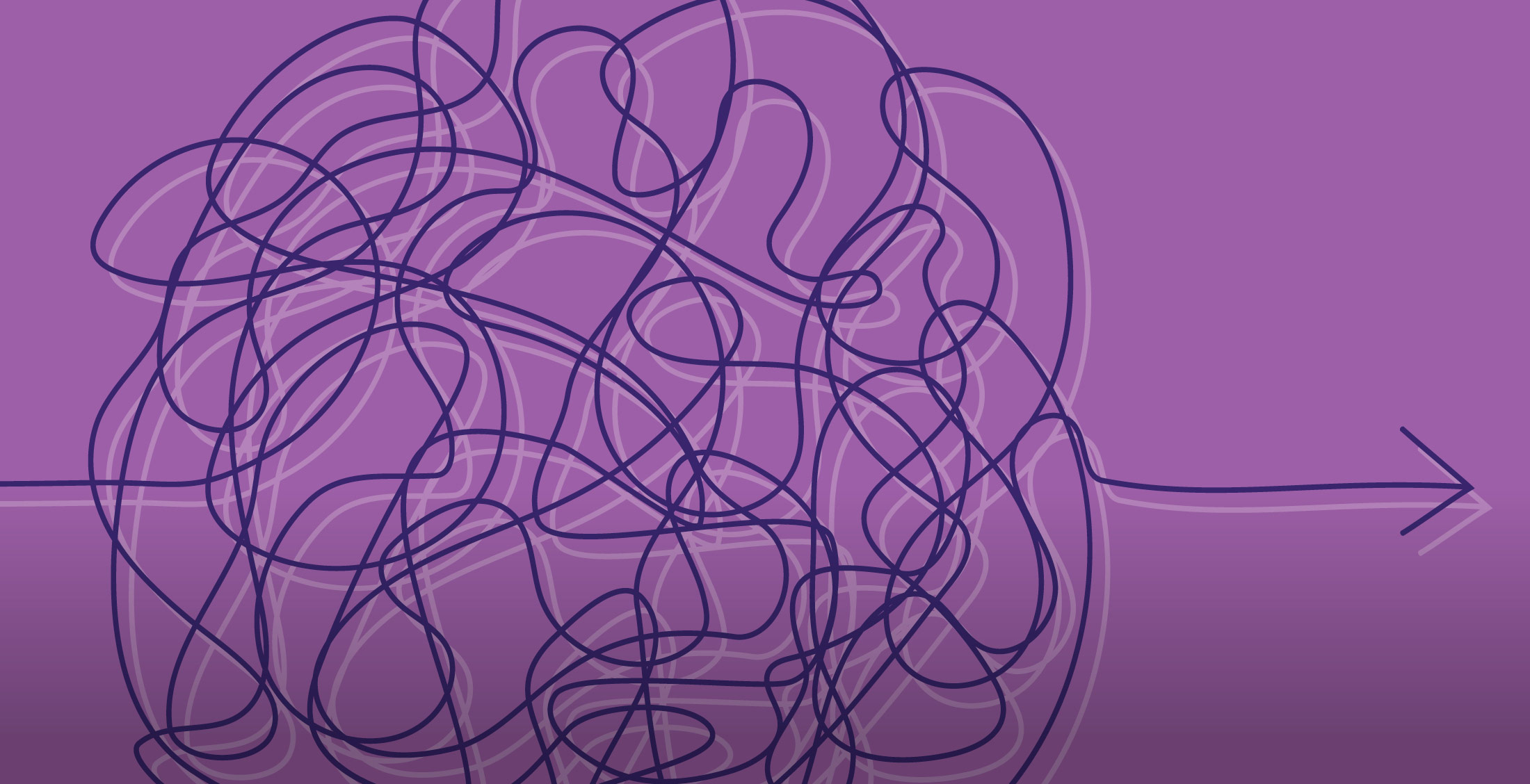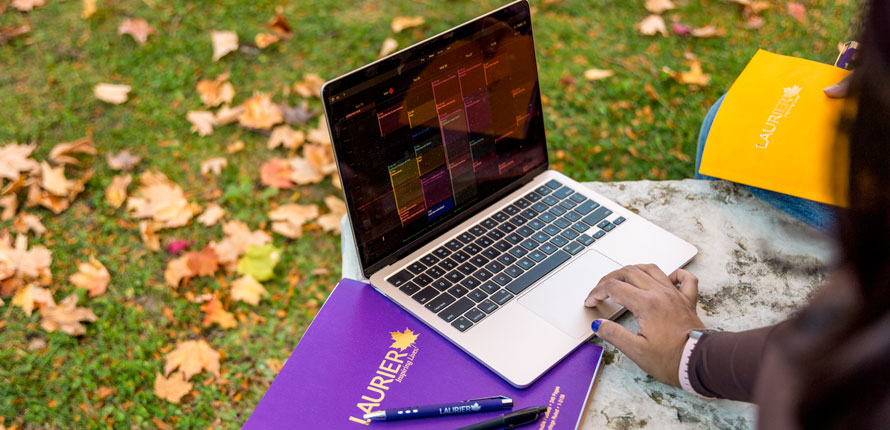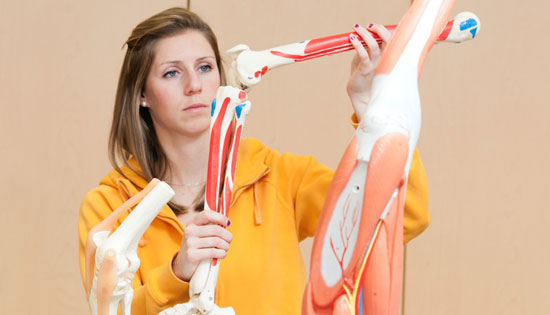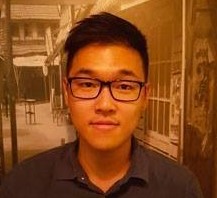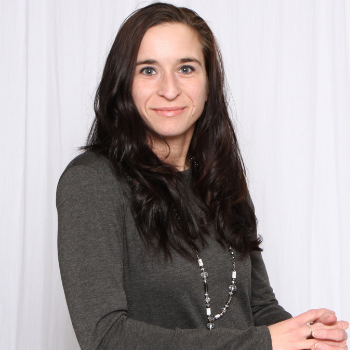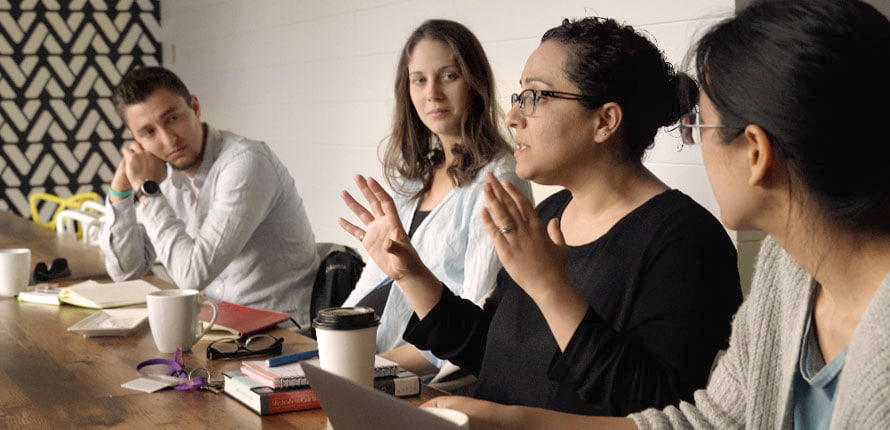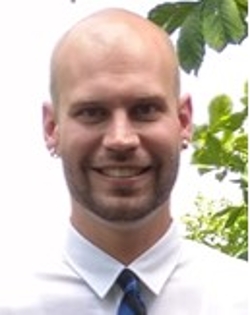As our population ages and physical activity declines, there is a critical need for advanced researchers who can investigate and understand physical activity, sport, exercise, health and physical education.
Our PhD in Kinesiology provides a highly integrated approach to scholarship, so you can follow your research passion and become an expert in the field. You’ll collaborate with faculty mentors as you conduct leading-edge research in one of our core research areas.
When you complete this program, you’ll be able to engage in research and take part in the vital conversation about our nation’s health.


